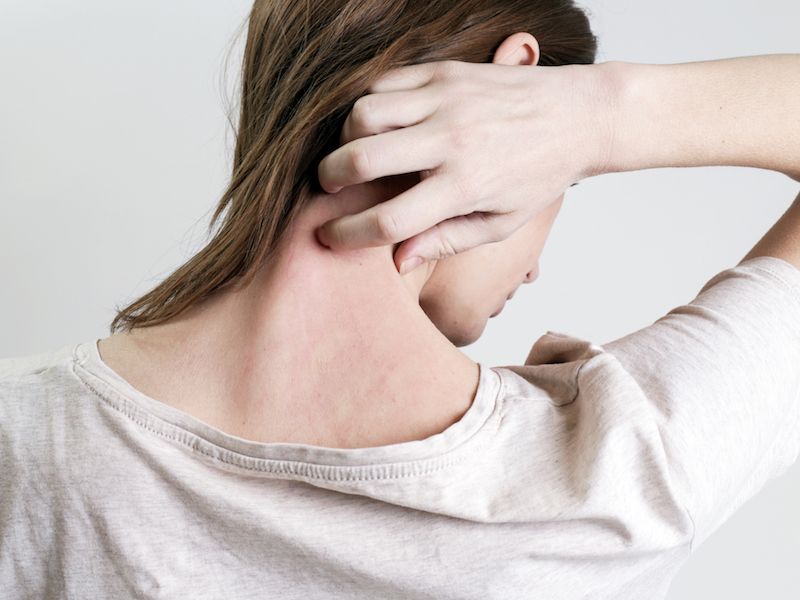
The word psoriasis commonly conjures up images of people with skin trouble like the people on all those advertisements. Psoriasis is more than skin problems and truly affects your overall health. Psoriasis is often misunderstood and minimized, due to a lack of knowledge of how psoriasis impacts sufferers as well as the serious conditions that can be related to this disorder. Even though plaques on the skin are its most visible sign, they’re indicative of what psoriasis can do throughout the body: The chance of metabolic disorders that are increased by persistent inflammation and cardiovascular disease.
Psoriasis is also connected to another problem according to a different recent study: Hearing loss. Published in The Journal of Rheumatology, this study looked at connections between psoriatic arthritis, mental health, and hearing impairment. Psoriatic arthritis is a form of psoriasis where inflammation is centered near the joints, causing soreness, difficulty with movement, and swelling. The normal plaques might not be experienced by people who have psoriatic arthritis.
With psoriatic arthritis, the body is essentially targeting its own healthy cells like it does with rheumatoid arthritis because they are all autoimmune illnesses. But psoriatic arthritis varies from rheumatoid arthritis in that it’s frequently asymmetrical (so you could have it in one knee but not the other), and it doesn’t only target joints but results in painfully swollen fingers and toes while it targets sufferer’s nails and eyes.
Based on the findings of this recent study, hearing may also be affected by psoriatic arthritis. A large control group of people with neither psoriasis or psoriatic arthritis were contrasted against people who had one or the other condition. They discovered that the group with psoriatic arthritis was more inclined to report hearing impairment, and those reports were backed by audiometric screening. Even when controlling for other risk elements, psoriatic arthritis sufferers were significantly more prone to suffer from hearing loss than either {the control group or psoriasis sufferers}.
But that’s not to say there’s no connection between psoriasis, psoriatic arthritis and loss of hearing. A 2015 study discovered that there is a substantially higher danger, for people who have psoriasis, of getting sudden sensorineural hearing loss, generally known as sudden deafness. With sudden sensorineural hearing loss, people’s ability to hear diminishes significantly in three days or less. There are many likely causes for this, but experts hypothesize that individuals with psoriasis are at higher risk as a result of the type of rapid inflammation that occurs during a flare-up of psoriasis symptoms. If this takes place in or around the cochlea, it may impair hearing. In many circumstances, treatments that relieve psoriasis symptoms may be used to manage this type of hearing loss, but hearing aids are often recommended when other treatments don’t seem to be helping.
It’s important to monitor your hearing if you have psoriasis or psoriatic arthritis. Plan your annual healthcare appointment along with regular hearing tests. Disease caused by inflammation can lead to inner ear injury, which can result in loss of hearing as well as problems with balance. There are also links between psoriasis, psoriatic arthritis, depression and anxiety, which can both aggravated hearing loss. Other health problems, such as dementia, can be the outcome if you don’t catch loss of hearing sooner than later.
Recognition is key, and working with your doctors and frequently getting your hearing checked can help you keep in front of symptoms with early intervention. Neither hearing loss nor psoriasis should influence you to sacrifice your quality of life, and having the correct team by your side can make a big difference.
